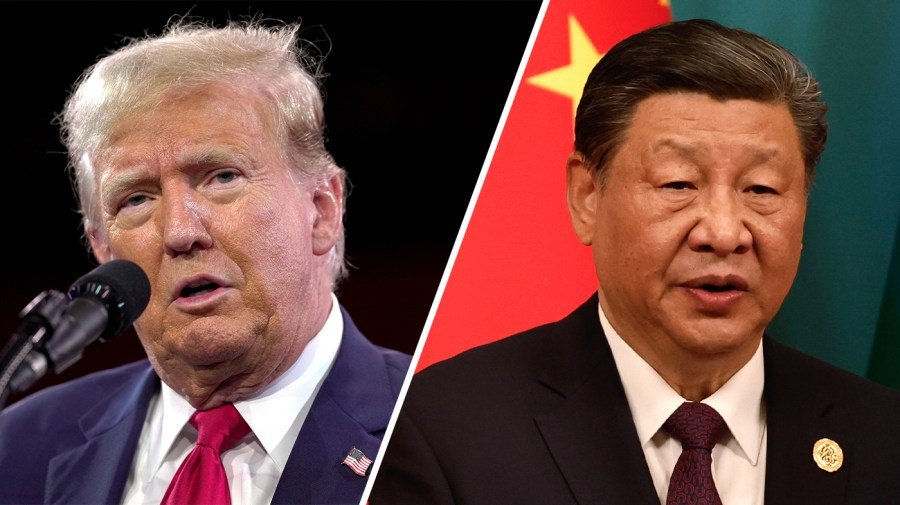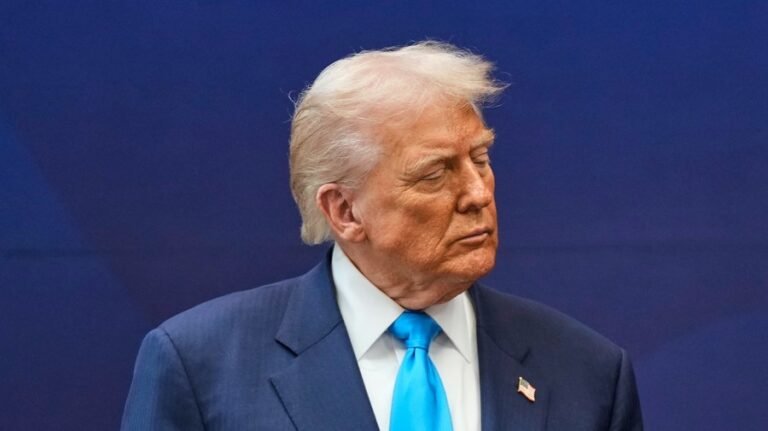
President Trump said Chinese President Xi Jinping approved a deal Friday that would allow TikTok to remain operating in the U.S.
In a social media post, Trump praised Xi for a “productive call” spanning several topics, including Xi’s approval of a pending deal to keep the popular Chinese-owned video app active on U.S. devices and networks.
Trump did not release details of the deal, and it was not immediately clear what further steps were necessary to enact it in both the U.S. and China.
“The call was a very good one, we will be speaking again by phone, appreciate the TikTok approval, and both look forward to meeting at APEC!” Trump wrote on Truth Social.
The president had hinted at a deal Monday, shortly before Treasury Secretary Scott Bessent announced that the U.S. had reached a “framework” for a TikTok deal following trade talks with China.
The app’s future has remained an open question for months, as Trump has repeatedly delayed enforcement of a law requiring TikTok’s China-based parent company to divest from the app or face a U.S. ban.
As the latest extension was set to expire Wednesday, Trump signed an executive order once again pushing back enforcement of the divest-or-ban law until Dec. 16.
While specific details have yet to be announced, several outlets have reported that Oracle, Silver Lake and Andreessen Horowitz are among the investors poised to own a new U.S. entity that would operate TikTok.
Chinese officials have also suggested the deal would include licensing the app’s algorithm. This aspect of the reported deal has raised concerns for at least one key Republican
Rep. John Moolenaar (Mich.), chair of the House Select Committee on the Chinese Communist Party, argued Wednesday that Congress enacted the TikTok ban law on an “overwhelming bipartisan basis” because of national security concerns about China’s ability to collect American user data and manipulate their feeds.
Lawmakers “set clear legal safeguards for a deal,” he noted, which barred cooperation with ByteDance on TikTok’s algorithm or an ongoing operational relationship between the app and its parent company.
Former President Biden signed the divest-or-ban law last year amid bipartisan backlash to the Chinese government and concerns about the rising popularity of TikTok.
While Trump had called for banning TikTok from the U.S. during his first presidential term, he flipped on the issue ahead of his second term. Trump has since downplayed national security concerns about TikTok and noted its popularity with younger Americans.
TikTok also played a major role in the Trump campaign’s success in swaying thousands of college-aged voters to support his reelection bid, denting support for the Democratic ticket from a typically reliable source.
Updated at 12:07 p.m. EDT

